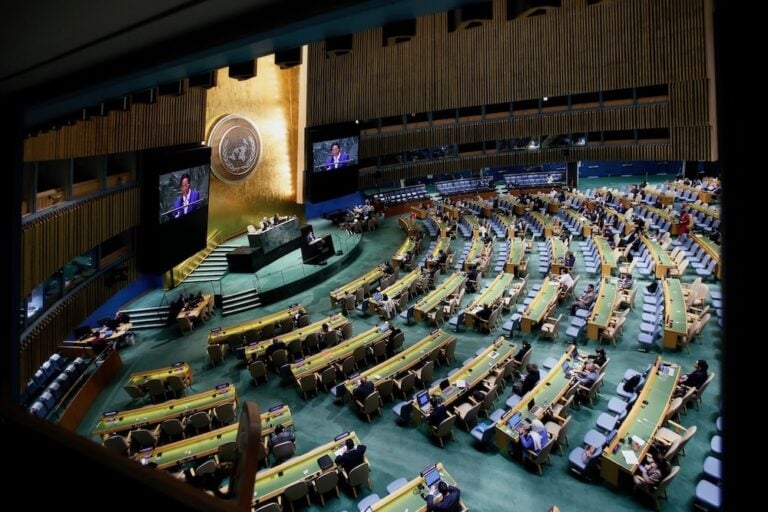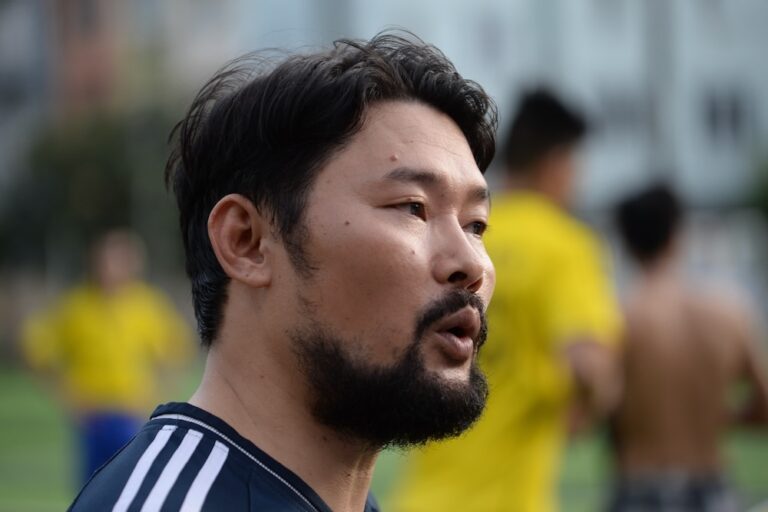(CPJ/IFEX) – In a letter to President Tran Duc Luong, CPJ condemned the harsh sentencing of writer Pham Hong Son to 13 years in prison plus an additional three years of administrative detention, or house arrest, on charges of espionage, on 18 June 2003. Son was arrested on 27 March 2002, after circulating a series […]
(CPJ/IFEX) – In a letter to President Tran Duc Luong, CPJ condemned the harsh sentencing of writer Pham Hong Son to 13 years in prison plus an additional three years of administrative detention, or house arrest, on charges of espionage, on 18 June 2003.
Son was arrested on 27 March 2002, after circulating a series of articles and essays online promoting democracy and human rights. The government accused Son of translating and sending documents by e-mail that are “anti-Communist Party and anti-Vietnam” so that others would “start a campaign to slander the government of Vietnam,” according to a CPJ source who saw a copy of the indictment presented before the Hanoi People’s Court on 18 June. The government also accused Son of maintaining contact with “political opportunists” and “reactionary forces overseas.”
The 18 June proceedings were closed to foreign diplomats and correspondents on the grounds that Son’s prosecution was an “internal affair of Vietnam,” as one security officer told the news agency Deutsche-Presse Agentur. Son’s wife was also barred from the courtroom, except when she was called to testify briefly. She did not see her husband on 18 June and has not been allowed to see him since his arrest more than a year ago, according to a CPJ source.
Shortly before his arrest in 2002, Son had translated into Vietnamese and posted online an essay titled, “What is Democracy?” (This article had first appeared on the United States State Department website.) Son, a medical doctor by training, had also written several other essays advocating political reform that appeared in Vietnamese-language online forums.


